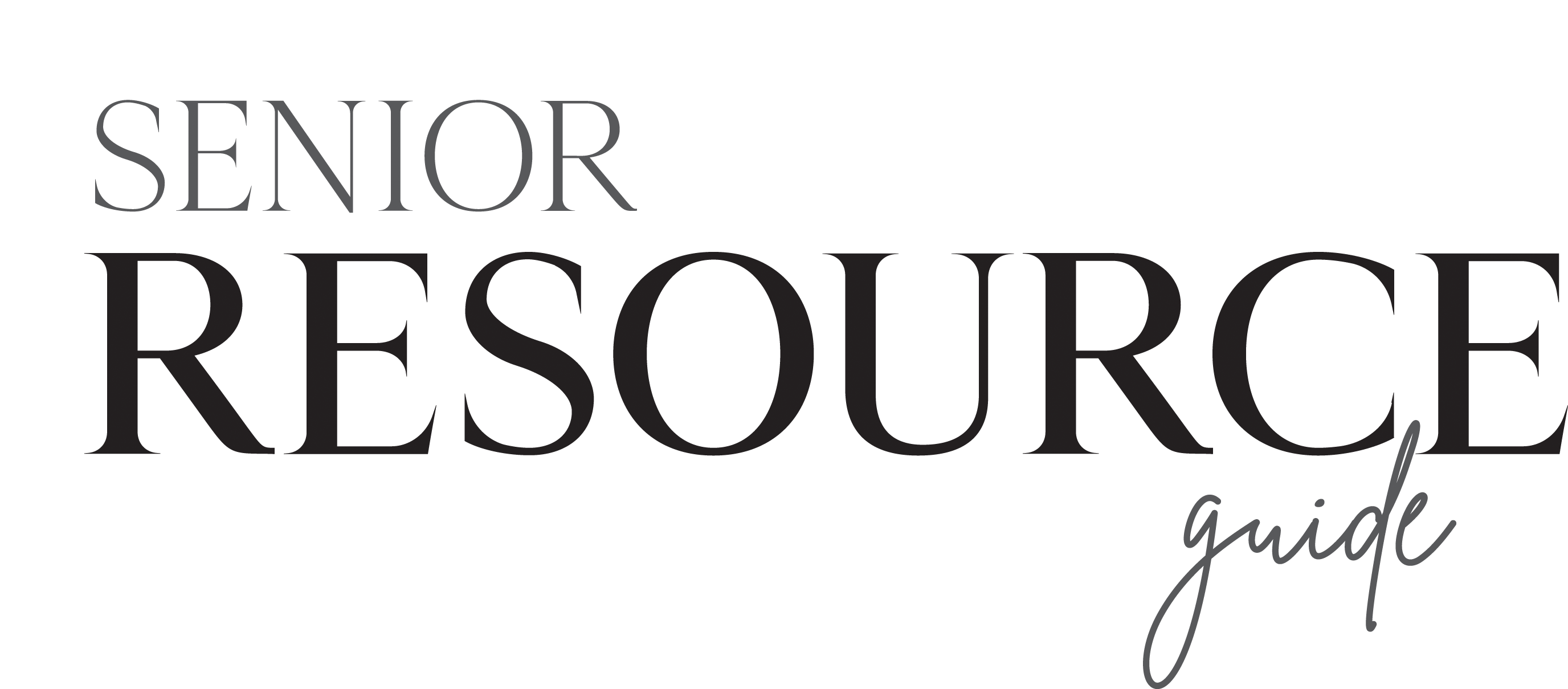
3 Steps to Healthy, Happy Aging
The process of aging is typically looked at in a bad light. In many cases, it’s common for older adults to feel as though they have “lost their youth” or make physical changes to feel younger. However, the process of aging is something that should actually be celebrated and embraced, not avoided and feared. As we age, we should be focused on living a good life and being physically and mentally healthy in order to enjoy it.
Healthy aging is correlated to personal health habits practiced over time. The healthier a person is now, the happier they will be as they age! These three steps below will act as a guide along the way.
1. Try new things
Loneliness and boredom are two very common emotions to feel while aging. Older adults may not have the same amount of responsibility as they once did at work or while raising their family, and the newfound time and independence they gain can be overwhelming.
Don’t look at it as a void; look at it as an opportunity. This is the perfect time to try a new hobby that has been put on the back burner, travel to a dream location or finally relax. Trying new things also creates the opportunity to meet new people and make new friends.
Not only does trying new things and meeting new people make life more fulfilling and engaging, but it’s also beneficial for mental and physical health. In fact, research has shown that being sociable and stimulated can decrease the risk of depression and dementia, and increase life expectancy.
2. Stay up-to-date on doctor’s visits
While aging, it’s common to develop or discover underlying health issues. Not all health problems will be life-threatening, however, in order to maintain mental and physical well-being, it’s important to visit a primary care physician at least once a year. At these visits, a physician can review prescriptions, address any health concerns and recommend various tests that are necessary as you age.
It’s also important to stay in communication with other medical specialists, such as an optometrist or therapist.
It’s important to get routine eye exams as you age because older adults are at risk of developing macular degeneration, cataracts, low vision and presbyopia. Most eye diseases can be easily treated if found in early stages, so it’s recommended that adults age 60 and younger have an eye exam every one to two years and adults age 61 and older have annual exams. Eye exams can also help older adults correct or adapt to vision changes and provide tips on caring for their eyes. If the styles available at the doctor aren’t suitable, it’s easier than ever to get prescription eyeglasses online.
Staying in close contact with a therapist can also benefit older adults if they experience depression, anxiety or fear related to aging. Having someone to talk to about mental health is a great way to keep these feelings from developing further and taking over daily life. A therapist can recommend activities and other practices that can help patients stay mentally and physically healthy. Today, connecting with a therapist can be done through online resources like BetterHelp counseling, which connects patients with licensed counselors and allows them to communicate online. Therapists likely have some form of an online platform available to patients now if they aren’t offering in-office visits during COVID-19, which makes it easy to stay in contact.
3. Stay physically active
Being physically active is just as important for older adults as it is for younger people. Older adults don’t necessarily need vigorous or high-intensity exercise like running, but moderate physical activity is better for them than no activity at all.
According to the CDC, aging adults should engage in 50 minutes of moderate-intensity aerobic activity a week, which roughly translates to 30 minutes a day, five days a week. This can be accomplished by going on long walks or joining a Zumba class. Adults that are limited by chronic conditions should just be as active as their bodies can allow and see a physical therapist if need be.
Physical activity can prevent health problems that develop with age and keep people feeling young, energetic and most importantly, happy. It also stimulates the mind, which further promotes good mental health.
Aging gracefully is about feeling good and being happy. People who stay mindful of these steps and surround themselves with positive, happy and energetic people and places will age beautifully!
